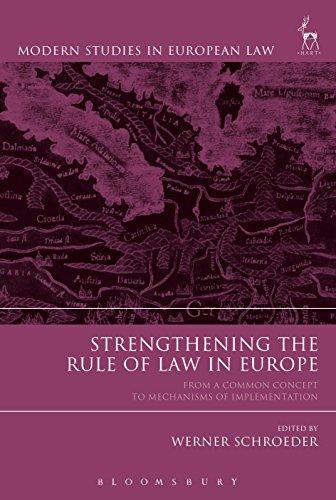Question
Question 1 Asylum and health care (according to European laws) The case originated in an application against Denmark lodged with the Court under Article 34
Question 1 Asylum and health care (according to European laws)
The case originated in an application against Denmark lodged with the Court under Article 34 of the Convention for the Protection of Human Rights and Fundamental Freedoms ("the Convention") by a Ugandan national, Ms. A. ("the applicant"), on 22 July 2005.
The applicant was born in Uganda in 1974. She currently lives in Copenhagen. The applicant entered Denmark on 28 March 1998 under an assumed name. She was seriously ill, and was admitted to hospital, where she was diagnosed as HIV positive with "considerable immunosuppression and ... disseminated mycobacterium TB".
On 31 March 1998 solicitors lodged an asylum application on her behalf, claiming that she needed medical treatment which was not available in Uganda.
In August 1998 the applicant developed a second AIDS-defining illness, Kaposi's sarcoma. Her CD4 count was down to 10 (that of a healthy person is over 500). After treatment with antiretroviral drugs and frequent monitoring her condition began to stabilize so that by 2005 when the court examined the case, her CD4 count had risen to 414.
In March 2001 a consultant physician prepared an expert report, at the request of the applicant's solicitor, which expressed the view that without continuing regular antiretroviral treatment to improve and maintain her CD4 count, and monitoring to ensure that the correct combination of drugs was used, the applicant's life expectancy would be less than one year, due to the disseminated Kaposi's sarcoma and the risk of infections. The medication she needed would be available in Uganda, but only at considerable expense, and in limited supply in the applicant's hometown of Masaka. Moreover, the author of the report pointed out that in Uganda there was no provision for publicly funded blood monitoring, basic nursing care, social security, food, or housing.
The Danish Ministry of Interior Affairs refused the asylum claim on 28 March 2001.
a.What would be the legal basis of Ms. A's claim? Please, explain why this/these rights has/ve been violated.
b.What would be the decision of the Eur. Court Human Rights and its reasoning? Please, refer to relevant case law.
Some may argue that extending the scope of the applicable treaty provision in this way has the potential for opening up "the floodgates to medical immigration and making Europe vulnerable to becoming the "sick bay" of the world".
c.Please, comment
d. Assuming that Denmark has ratified the Biomedicine Convention, then, what would be the outcome of Ms. A's asylum claim in the national procedure? Please, explain
Step by Step Solution
There are 3 Steps involved in it
Step: 1

Get Instant Access to Expert-Tailored Solutions
See step-by-step solutions with expert insights and AI powered tools for academic success
Step: 2

Step: 3

Ace Your Homework with AI
Get the answers you need in no time with our AI-driven, step-by-step assistance
Get Started


